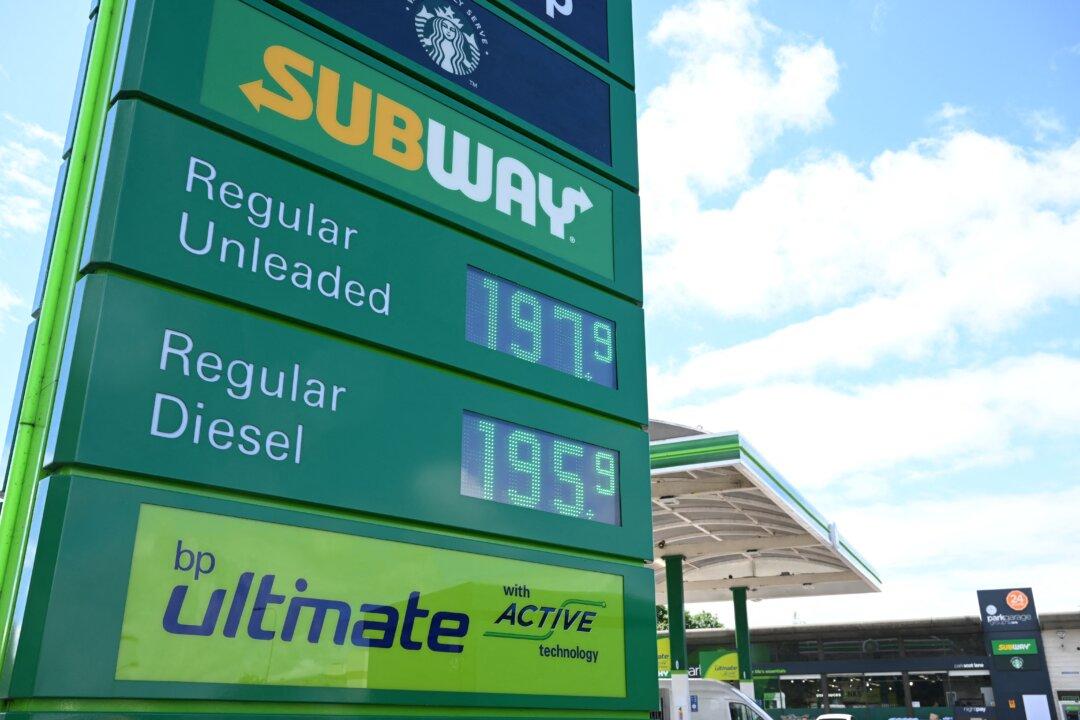The global diesel market is facing a crunch from lower production, undermining efforts by world economies to recover and increasing the fragility of markets on both sides of the Atlantic, while adding to already-high inflationary pressures.
In the United States, diesel price increases have overtaken those of gasoline.





